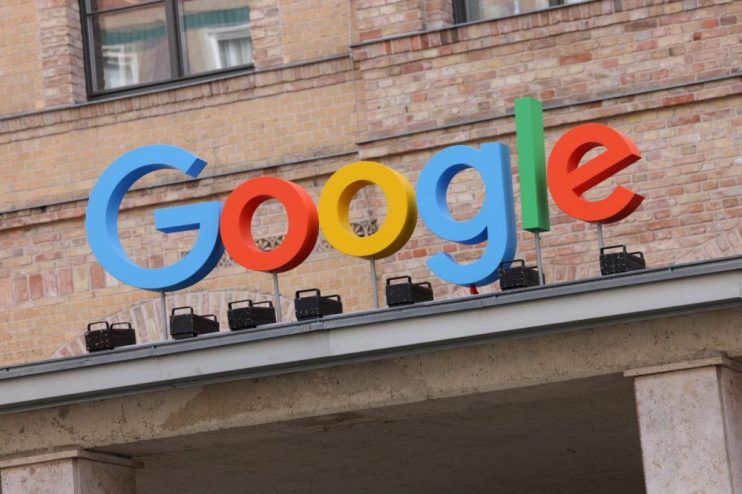Why Google faces millions in fines from global regulators

Google is up against the growing wrath of regulators worldwide, as it faces the possibility of millions in fines for alleged anti-competitive practices.
According to Bloomberg, the EU is preparing to investigate Google’s conduct in the digital marketplace, including whether it preferences its own services, such as Google Flights and Google Hotels, in search results.
Google said it has tried to balance the needs of different types of websites while still respecting users’ choice but, if found guilty, the tech titan could face a fine of up to 10 per cent of its annual global revenue.
Across the Atlantic, the US Department of Justice (DoJ) and 17 states are accusing Google’s parent company, Alphabet, of monopolising the digital ad technology ecosystem. It could force a break-up of Google’s advertising empire, which generated $240bn (£183bn) in 2022.
Back in Europe, Google’s legal woes continue to mount too. Earlier this month, the company failed to overturn a 2.4bn euro (£2bn) fine from the European Court of Justice related to its shopping comparison service.
It did, however, score a minor victory last week by overturning a 1.5bn euro (£1.3bn) penalty linked to its Adsense platform.
These legal battles have brought Google’s total fines from the European Commission to 8.2bn euro (£6.8bn) over the past decade. The largest of these came in 2018, when regulators slapped the company with a 4.3bn euro penalty for using its Android software to unfairly promote its own apps, which it continues to contest.
Earlier this month, the UK’s Competition and Markets Authority (CMA) provisionally found that the tech giant’s actions in the advertising market may be harming competition, impacting thousands of publishers and advertisers.
According to its findings, the watchdog said that when placing digital adverts on websites, the vast majority of publishers and advertisers use Google’s ad tech services in order to bid for and sell advertising space.
Publishers fight back against Google
Publishers too are raising alarms about the dominance Google has in online search and advertising.
David Higgerson, head of digital at Reach, which owns the Daily Mirror and Express, told City A.M: “From the evidence we’ve seen so far, the jury is very much out on whether Google can deliver on its commitment to support news publishers with AI overviews, which by their nature keep people on Google’s platform for longer and undermine the need for people to click through to trusted sources for their information.”
The tension between publishers and tech platforms has been further stoked by declining ad revenues.
In April, Reach posted a year-on-year decline in page views of 33 per cent in the first quarter of the year.
Reach chief executive Jim Mullen also recently warned that “there is simply too much power in the hands of platforms and their algorithms.” He called for urgent action from policymakers to redress the imbalance, arguing that trusted news is a cornerstone of democracy, while platforms like Google siphon off ad revenue and spread unreliable content.
Owen Meredith, chief executive of the News Media Association, which represents British publishers, recently told City A.M. that global regulators are “quite rightly focusing on this as one of the most pressing issues in the digital markets.”
Google has pushed back against these allegations. Last week, Debbie Weinstein, Google UK’s vice president, said during a media briefing that the company is “very committed” to driving traffic to a wide range of sources, through its new AI-powered tools like ‘AI Overviews’.
This tool offers users a preview of a topic or search results via a number of sources. According to Google, AI overviews are designed to complement traditional search results and direct users to external sites rather than keeping them within the Google ecosystem.
The feature has already been rolled out in the US, Mexico, Brazil, Japan and India, with the UK being the first European country to receive the update. Google launched a suite of AI tools last week aimed at helping small and medium-sized businesses optimise their advertising efforts.